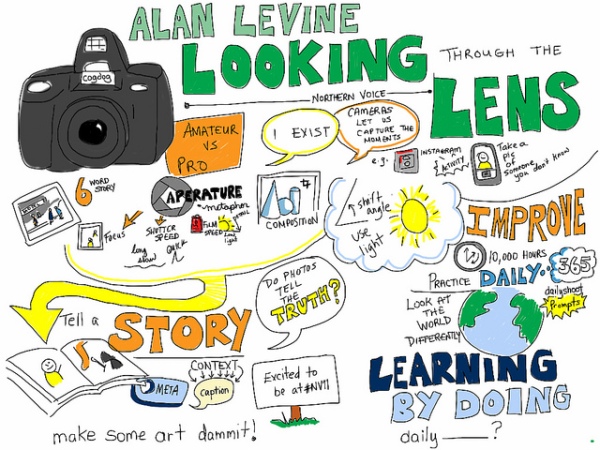Here are the videos referred by Rubin
Why project based learning (may be the sound isn’t that perfect)
What project based learning is
What project based learning isn’t
Very fruitful advice from these videos
My reflection:
Project based learning would involve students learning through projects. The critical questions include:
What would students learn through the projects?
How would projects help students in achieving their goals and learning objectives?
What are the sorts of projects that would help students to learn?
Is project based learning suitable for learning in any subject, or domain?
I think project based learning has been used for decades, and even in my engineering and management education, we worked in group and individual projects, and that was part of the curriculum.
The main differences between what we had done in the past and that nowadays would be that we have got tools and media where students could use in cooperating and collaborating with each others, in the inquiry, exploration, execution, and monitoring of projects, and that they could also do the projects over digital and virtual space, not only in the classroom environment. The projects could also be based on the building of real or simulated models, by means of hands on projects, or over virtual simulated environment, like SecondLife, where “virtual buildings” and artifacts could be created or produced in a virtual world. Other projects could also include the building of games, creation of an artifact (video, podcast, softwares, hardware), or a learning event, an organised function or showcase or a research project. These could be done via wikis, Google doc, or group and individual blogs, in the planning and its execution. Even the organisation of a virtual event could be a project, or part of a project.
Projects are also part of the experiential learning approach in learning, and so it could be incorporated into any subject, provided adequate support is given, either through the teacher as a facilitator, or other more knowledgeable others, or a community of learners.
Projects could be fun, and I think it is a crucial part of our life-long and life-wide learning. One of my earliest experience in projects was that in working as a volunteer, where I was involved in the conducting of interviews, preparation of survey report, and organizing events for a program (project). I learnt the hands on practical skills, project design and management skills, and the communication skills required to cooperate and collaborate with other volunteers.
I have undertaken a few research projects in the past few years, through collaborating and cooperating with others in small groups, in the workplace, and in the community, and I enjoyed learning through such projects.
I reckon project based learning could be a very effective mean of learning, especially in a social networking/media environment. However, I also realized that there could be a lot of distractions throughout the project, and so a focus on time management, monitoring of the project progress and reflection of the learning achieved both individually and as a group would be necessary to ensure a successful outcome.
Is project always based on a Constructivist approach? I have been thinking about it based on a Connectivist approach too. The creation and the development of a community or network could be a complex, emergent project, which is however, very challenging too.
Photo: from Alan Levine
More reflection on project based learning in coming posts….

